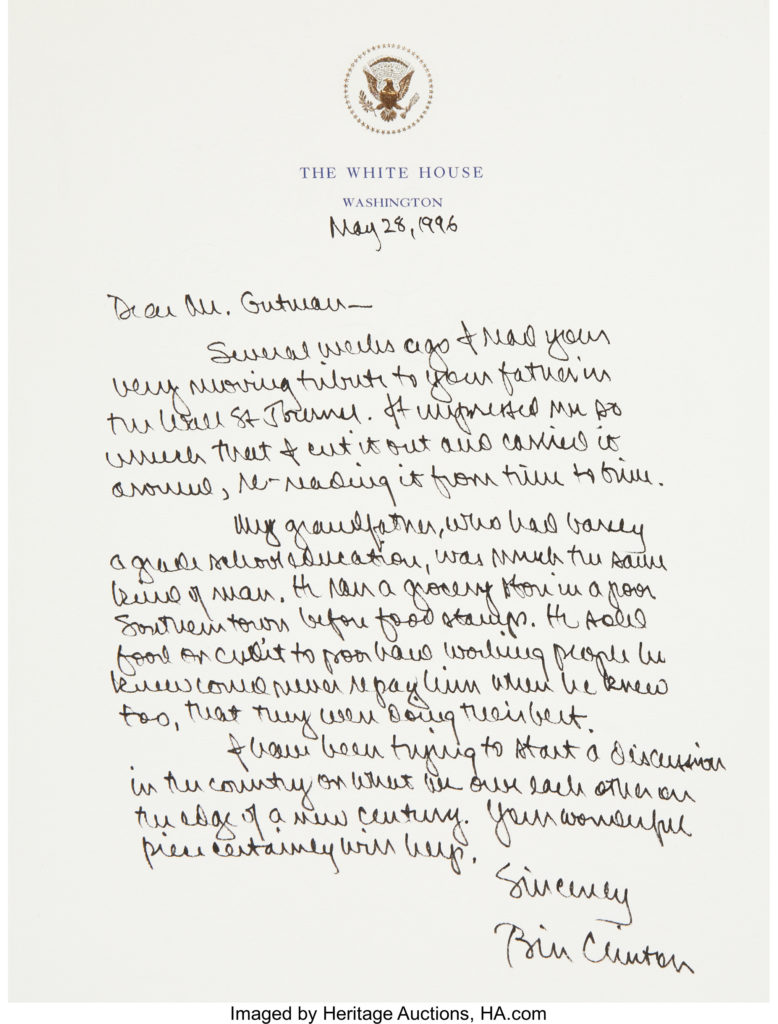
By Jim O’Neal
On Jan. 7, 1789, members of the Electoral College cast 69 votes for George Washington to become the first president of the United States, while John Adams, who finished in second place with 34 votes, became the first vice president.
These electors, who had been chosen by white men who were landowners in 10 states, also cast votes for John Jay (9), Robert Harrison (6), John Rutledge (6), Samuel Huntington (2), John Milton (2), Benjamin Lincoln (1), and Edward Telfair (1). Forty-four electors failed to cast a vote.

North Carolina and Rhode Island were ineligible since their statehood had not been ratified. New York did not appoint the eight electors they were eligible for since they were deadlocked in their state legislature.
We still use the Electoral College, as established by the Constitution, which has been modified several times and today gives all citizens age 18 and over the right to vote for electors, who in turn vote for the president and vice president (only). On the first Monday after the second Wednesday in December, each state’s electors simultaneously cast their ballots nationwide.
Then on Jan. 6, the electoral votes are counted before Congress and, finally, on Jan. 20, the president is sworn into office. In the case of George Washington, he wasn’t sworn in until April 30, 1789, since Congress didn’t count the electoral votes until April 6.
Exactly 210 years later, on Jan. 7, 1999, the impeachment trial of President William Jefferson Clinton began in the U.S. Senate, with senators sworn in as jurors and Chief Justice William Rehnquist sworn in to preside. President Clinton was formally charged with lying under oath and obstruction of justice.
Four years earlier, he had sexual relations with a 21-year-old unpaid intern in the White House before she was transferred to the Pentagon. Contrary to his sworn testimony in an unrelated sexual harassment case, President Clinton admitted to a grand jury (via closed-circuit television) that he had not been truthful.
On Dec. 11, 1998, the House Judiciary Committee approved three articles of impeachment. On Dec. 19, the full House approved two articles of impeachment: lying under oath to a grand jury and obstructing justice. On Feb. 12, the Senate voted on the perjury charge and 45 Democrats and 10 Republicans voted “not guilty.” On the charges of obstruction of justice, the Senate vote was split 50-50.
This was the third and last time the Senate Judiciary Committee had voted to impeach the president of the United States. Two were found not guilty (Andrew Johnston in 1868 and Bill Clinton), while a third, Richard Nixon, resigned to avoid what was an almost certain guilty verdict. (In 1834, the Senate voted to “censure” Andrew Jackson).
 Intelligent Collector blogger JIM O’NEAL is an avid collector and history buff. He is president and CEO of Frito-Lay International [retired] and earlier served as chair and CEO of PepsiCo Restaurants International [KFC Pizza Hut and Taco Bell].
Intelligent Collector blogger JIM O’NEAL is an avid collector and history buff. He is president and CEO of Frito-Lay International [retired] and earlier served as chair and CEO of PepsiCo Restaurants International [KFC Pizza Hut and Taco Bell].
